Philippines online gambling is rapidly transforming the country’s digital entertainment and betting landscape. As more users search for whether is online gambling legal in Philippines, the answer lies in its strong legal oversight, growing mobile access, and evolving consumer behavior. The iGaming sector is entering a new era of growth, innovation, and regulatory clarity.
Legal status and regulatory bodies
The legal foundation of Philippines online gambling is shaped by a centralized regulatory structure and evolving national policy. At the heart of this framework is PAGCOR, the agency responsible for licensing and regulating all digital gambling operations in the country. Over the years, reforms such as the shift from POGO Philippines to the IGL license Philippines system have significantly redefined the industry’s legal boundaries.
PAGCOR and its licensing role
The Philippine Amusement and Gaming Corporation (PAGCOR) operates as both regulator and market participant. As of 2025, it remains the primary authority for approving and monitoring all legal online gambling Philippines platforms.
To legally operate, any Philippine online casino or mobile casino Philippines must hold a valid PAGCOR license. This license ensures full compliance with national standards on game fairness, anti-money laundering protocols, and responsible gambling safeguards.
The current PAGCOR online betting policy supports a wide range of digital services from online game casino platforms to regulated sports betting in the Philippines. However, operators that previously targeted foreign markets without local access were allowed under earlier offshore licensing models.
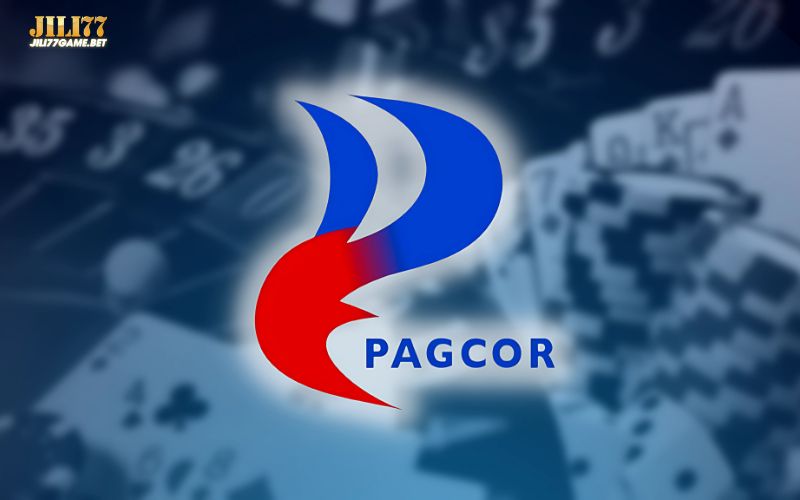
Offshore vs domestic operators
A key distinction in online gambling in the Philippines lies between offshore gaming operators and locally licensed platforms. Until 2024, POGO Philippines licenses permitted operators to serve international players but prohibited access for locals. Despite their limitations, these offshore operators played a vital role in shaping the early Philippines iGaming market.
In contrast, domestic sites like legal betting platforms Philippines or Philippines casino online real money providers must follow strict local consumer protection laws. These platforms contribute directly to the iGaming revenue Philippines, pay gambling tax Philippines, and implement controls to address online gambling addiction Philippines.
Rising international pressure and mounting public concerns over crime and transparency ultimately led to the reevaluation of the offshore model.
Transition from POGO to IGL
The move from POGO to IGL marked a turning point in the regulation of Philippines online gambling. Introduced under reforms to the gambling law in the Philippines, the IGL framework aims to eliminate gray areas and close legal loopholes used by foreign-led platforms.
In July 2024, the government began phasing out POGOs entirely. The sweeping POGO crackdown was driven by national security concerns, including allegations of money laundering and trafficking. Under the Marcos administration, this policy shift prioritized safe gambling sites in the Philippines that serve Filipino players transparently and legally.
While the IGL system introduced clearer guidelines, it also pushed many operators to either meet PAGCOR’s standards or withdraw from the market. As a result, today’s licensed philippines casino platforms are more regulated, compliant, and aligned with long-term national interests.
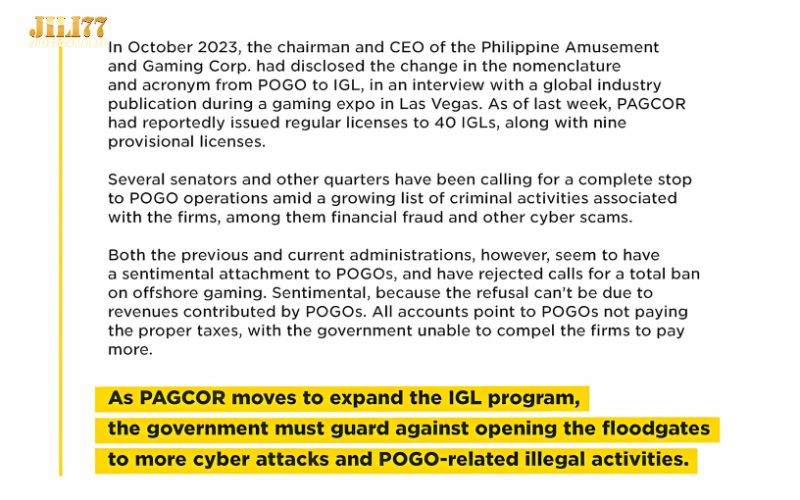
Market size and growth trends
In recent years, Philippines online gambling has transformed the nation’s iGaming sector, becoming a key driver of economic activity. Regulatory reforms and digital adoption have accelerated growth, shifting the industry’s focus from traditional venues to online-first models. To understand this shift, we examine updated GGR figures, revenue breakdowns, and demographic trends.
GGR data from 2019 to 2024
Based on PAGCOR reports, the Philippine gaming industry GGR stood at PHP 256.49 billion in 2019. The pandemic caused a steep decline to PHP 98.79 billion in 2020, followed by a slow recovery to PHP 113.09 billion in 2021. Growth accelerated in 2022, reaching PHP 214.33 billion, and further jumped to PHP 285.27 billion in 2023.
In 2024, GGR is projected to hit PHP 336.38 billion, showing strong momentum across both land-based and Philippines online gambling platforms.
Much of this growth is attributed to the rapid rise of legal online gambling Philippines, including Philippine online casino sites, mobile casino Philippines apps, and sports betting in the Philippines. These digital channels continue to outperform traditional venues by offering greater speed, accessibility, and user convenience – particularly through safe gambling sites Philippines that are PAGCOR-certified.
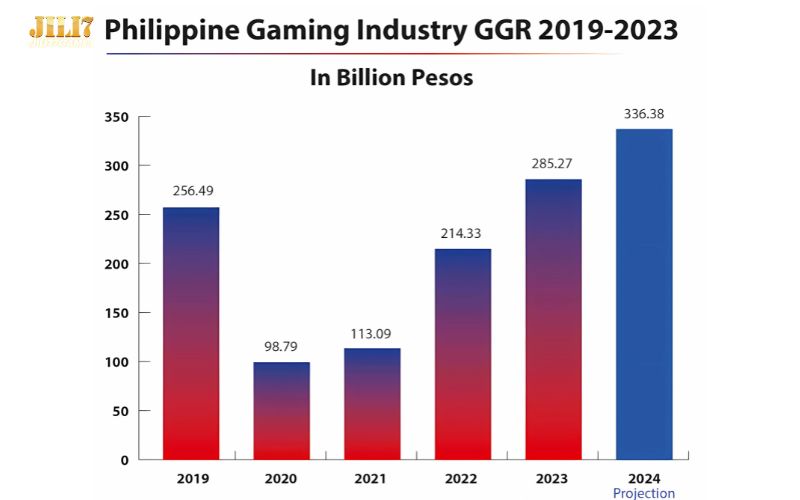
Online vs land-based revenue
Historically, major Philippines casino revenues came from in-person resorts and gaming halls. However, changing habits—especially post-COVID—have led to a clear pivot. Today, online gambling in the Philippines outperforms land-based operations in both user volume and revenue share.
Digital platforms now dominate, offering 24/7 access, secure e-wallet support, and quicker payouts. Meanwhile, brick-and-mortar venues, though still relevant, face slower growth.
To remain competitive, many physical operators are adopting hybrid strategies, combining offline venues with licensed online game casino portals under the revised PAGCOR license system.
Impact of player demographics
The success of Philippines online gambling is closely tied to its user base. Approximately 70% of Filipino online gamblers are aged 21–35—tech-savvy, mobile-first, and highly engaged. This group embraces gamified features, live dealers, and seamless digital payments.
Platforms like Jili77game casino legit Philippines cater directly to this market by offering local promos, user-friendly interfaces, and flexible deposit options.
In addition, rising internet penetration and a growing middle class are fueling growth in emerging regions. These trends position the Philippines iGaming market for continued expansion, with legal betting platforms Philippines expected to lead the next wave of digital gambling in 2025 and beyond.
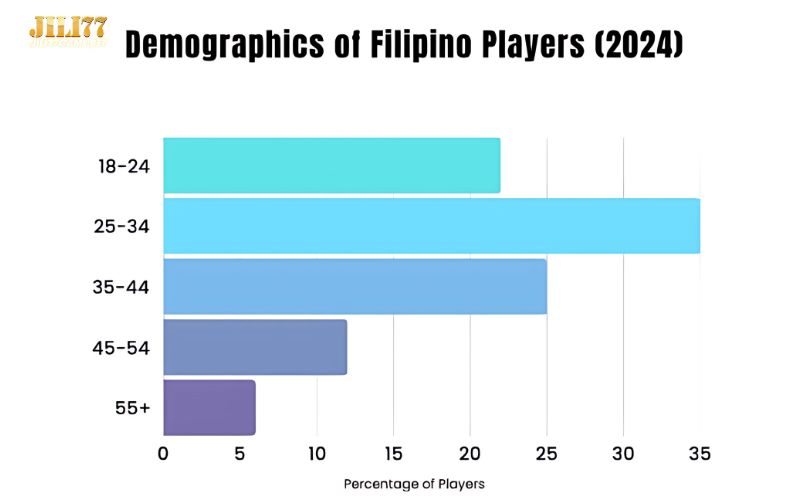
Taxation and operator requirements
The success of Philippines online gambling depends not only on user demand but also on a transparent and enforceable tax and licensing system. To operate legally, all platforms must comply with strict financial rules and technical conditions set by PAGCOR and the IGL license Philippines framework.
Gambling tax structure
All operators engaged in legal online gambling Philippines are required to pay a 5% Gross Gaming Revenue (GGR) tax, calculated from gross earnings before expenses. This flat rate is one of the most competitive in Asia and is designed to attract investment while maintaining fiscal accountability.
Previously, offshore gaming operators under the POGO Philippines model were taxed at 25% corporate income plus a 2% franchise tax. Today, licensed Philippine online casino platforms may also be subject to VAT and mandatory contributions to social programs, including those addressing online gambling addiction Philippines.
This tax structure funds enforcement efforts against illegal betting platforms, helping protect players and uphold the national interest.
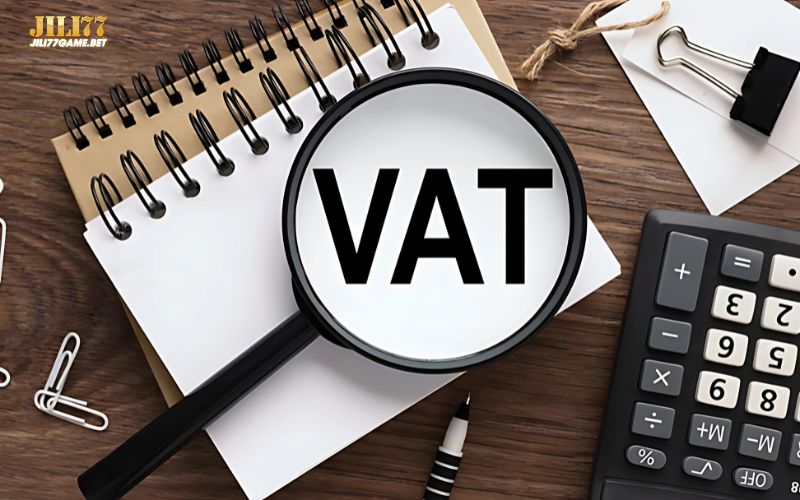
License fees and conditions
To offer bet game online or real-money wagering, every Philippines casino must hold a valid PAGCOR license or operate under the IGL system. Standard requirements include:
- A non-refundable application fee of PHP 100,000–500,000
- A security bond between PHP 25–50 million for full-scale platforms
- Annual license renewal fees tied to projected revenue
Applicants are also evaluated on financial transparency, software security, and technical infrastructure. These criteria apply to both websites and mobile casino Philippines apps, especially those offering Philippines casino online real money games.
Only platforms that meet these thresholds can enter the Philippines iGaming market legally.
Compliance with IGL/PAGCOR regulations
Following the transition from POGO to IGL, regulatory compliance became more rigorous. Approved operators must:
- Maintain active KYC and anti-fraud systems
- Provide real-time data access to PAGCOR online betting policy systems
- Restrict access by location via geofencing
- Display accurate RTP data and key gambling law in the Philippines notices
Failure to meet these conditions can result in license suspension or permanent bans. Regular audits also ensure adherence to international standards for data integrity, fairness, and consumer protection.
As the Philippines online gambling sector grows, sustained compliance will be crucial for building trust and long-term success in a competitive space.
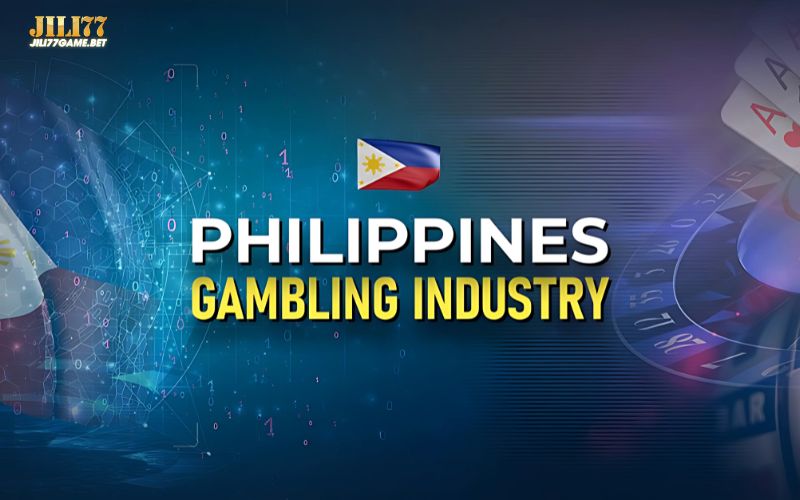
Social impact and safety concerns
While Philippines online gambling has contributed to economic growth and digital advancement, it also brings serious concerns related to public health, criminal exploitation, and policy enforcement. This section addresses the key risks and how both local and international stakeholders are responding.
Gambling addiction in the Philippines
The widespread availability of mobile casino Philippines apps and 24/7 access to betting platforms has contributed to rising cases of problem gambling, especially among younger users. Experts warn that online gambling addiction Philippines is an emerging public health issue, often unrecognized until financial or psychological harm has occurred.
Compared to land-based venues, Philippine online casino sites offer greater anonymity and immediate access, increasing the likelihood of impulsive behavior. Data shows that up to 10% of frequent users may exhibit symptoms of gambling disorder.
Despite PAGCOR license requirements for self-exclusion tools and responsible gaming alerts, enforcement is inconsistent. Public awareness campaigns remain underfunded, and support services outside major cities are limited. These gaps have led to renewed calls for tighter regulation and better integration of mental health services within legal online gambling Philippines platforms.
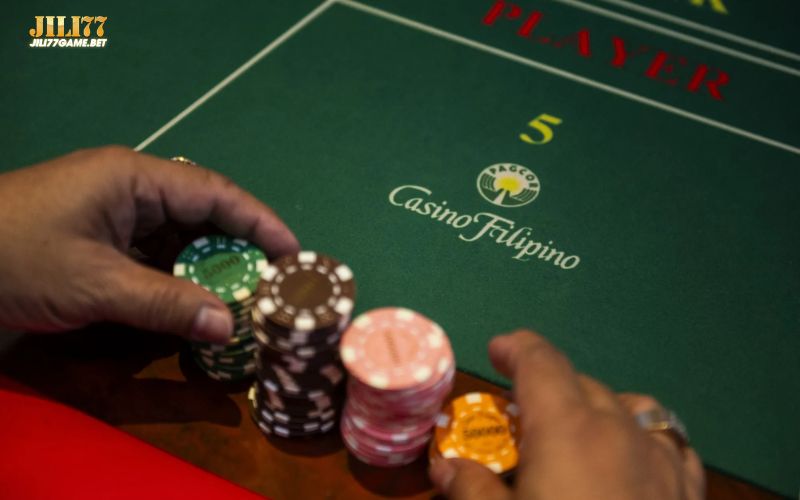
Cybercrime and offshore scams
The rise of online gambling in the Philippines has also opened doors to exploitation. A significant number of scams are linked to unlicensed offshore gaming operators, particularly those formerly active under the POGO Philippines regime.
These rogue sites, often impersonating safe gambling sites Philippines, have been accused of rigged games, fraudulent withdrawals, and phishing schemes. With many based overseas, legal recourse for affected players is limited.
Some of the worst cases uncovered during the POGO crackdown involved cybercrime networks, identity theft, and even human trafficking. These incidents severely damaged the industry’s reputation and triggered major investigations and closures throughout Metro Manila and Luzon.
Public and international response
In response to growing concerns, both local and foreign authorities have intensified oversight of Philippines online gambling. Under President Marcos, the government has enforced stricter licensing reviews and shut down dozens of illegal betting platforms.
Meanwhile, international governments—particularly China—have urged the Philippines to tighten its online gambling regulation Philippines, especially regarding offshore operations. In response, many legal betting platforms Philippines have adopted third-party audits, improved verification systems, and implemented stricter compliance protocols.
Public opinion remains divided. While many support the industry for its revenue and employment potential, others advocate for more restrictions. Consumer groups continue to push for better age controls, faster regulatory action, and improved transparency in the Philippines iGaming market.
Striking a balance between innovation and safety will remain a central challenge as the country refines its gambling landscape.
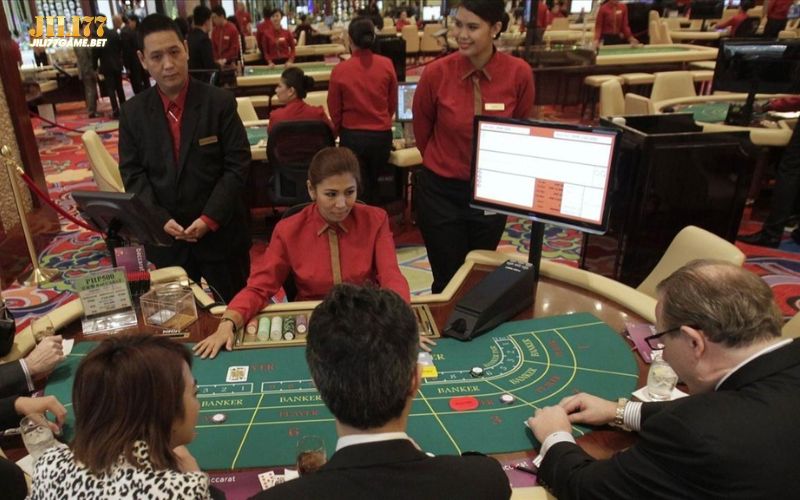
Popular platforms and game types
The diversity of games and platforms has played a central role in the rise of Philippines online gambling. From interactive slot games to real-time sports betting, licensed sites now offer tailored digital experiences that appeal to a wide range of Filipino players. Below are the most popular formats shaping user preferences.
Online casinos and mobile gambling
Modern Philippine online casino sites offer more than just spinning reels. Today’s platforms feature live dealer tables, jackpot games, and loyalty rewards—accessible across both desktop and mobile casino Philippines apps.
Top games include baccarat, roulette, blackjack, and themed video slots with dynamic features like free spins and real-money tournaments. These innovations drive higher engagement and retention, especially among tech-savvy players.
Local payment options such as GCash and Maya have helped establish mobile-first platforms as the standard. To operate legally, all legal betting platforms Philippines must meet technical and financial criteria under the PAGCOR license, ensuring safety, transparency, and compliance.

Sports betting and eSports
Beyond traditional casino formats, sports betting in the Philippines has grown rapidly—led by popular markets like basketball, boxing, and volleyball. Bettors can place pre-match and live wagers through streamlined interfaces, with real-time odds and performance stats.
The growing demand for eSports betting has also brought in younger, mobile-first users. Games like Mobile Legends, Dota 2, and Valorant dominate this space, with platforms offering structured odds and fast-paced wagering cycles.
Licensed operators are required to verify player identity, monitor match integrity, and comply with updated online gambling regulation Philippines. These rules help protect players and distinguish verified providers from rogue sites posing as top online casinos in the Philippines.
Top Filipino gambling platforms
Within the Philippines iGaming market, some platforms have gained recognition for their secure operations and real-money offerings. Sites like Jili77game casino legit Philippines combine fast payouts, responsive support, and localization to meet player expectations.
Trusted platforms typically hold a PAGCOR license, feature multilingual support, and disclose return-to-player (RTP) percentages—helping users make informed choices. Many offer dedicated support channels and adhere to both IGL license Philippines and gambling law in the Philippines.
Players are advised to choose verified platforms listed by PAGCOR or licensed under IGL. These safe gambling sites Philippines ensure fair play, secure deposits, and protection from fraud.

See more: Is Jili77 Legit or Not? Players reviews in the Philippines
Future outlook and policy shifts
As Philippines online gambling enters a new stage of development, the industry faces both major growth opportunities and increasing regulatory complexity. Future progress depends on effective governance, technology adoption, and a strong focus on long-term sustainability.
Marcos administration’s reforms
Under President Marcos, the Philippine government has adopted a stricter, more strategic stance on online gambling in the Philippines. Key reforms include:
- Tightening requirements for the IGL license Philippines, allowing only reputable operators to enter the market
- Enhancing PAGCOR license enforcement through audits and surprise compliance checks
- Empowering PAGCOR to block illegal betting platforms and apply penalties under revised gambling law in the Philippines
These reforms aim to protect consumers, attract legitimate investors, and reinforce stability across the Philippines iGaming market. Early implementation has already resulted in fewer offshore loopholes and a stronger focus on regulation-driven growth.
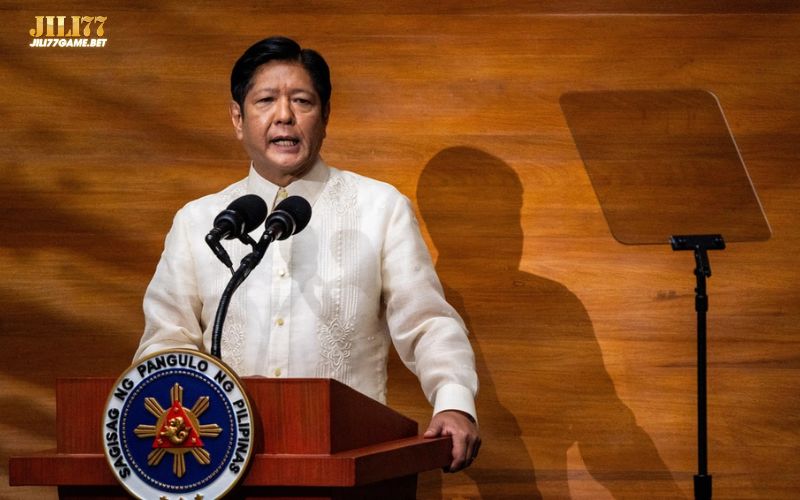
Technology adoption (AI, blockchain)
Innovation is transforming how Philippines online gambling platforms operate and deliver services. Three major trends are leading the change:
- Artificial intelligence enhances game personalization, detects risk behavior, and strengthens anti-fraud systems
- Blockchain technology is being tested by some mobile casino Philippines platforms to boost payout transparency and ensure security
- Digital wallets such as GCash, Maya, and blockchain-based payment tools now dominate, enabling instant deposits and withdrawals
These technologies align with PAGCOR online betting policy standards and support trust, safety, and seamless gameplay for users.
Long-term sustainability of the industry
To ensure enduring success, the Philippines online gambling sector must adopt sustainable practices across multiple fronts:
- Enforcing responsible gambling frameworks with self-exclusion, betting limits, and tools to address online gambling addiction Philippines
- Updating the online gambling regulation Philippines framework to accommodate innovations like blockchain and cross-border gaming
- Diversifying the economy by expanding into eSports, fantasy sports, and community-based programs
Ultimately, the industry’s future depends on striking a balance between innovation and accountability. If managed effectively, the Philippines could become Southeast Asia’s leading model for legal online gambling Philippines – one that promotes both economic growth and player safety.

FAQs about Philippines online gambling
As Philippines online gambling becomes more accessible and tightly regulated, many players—both new and experienced—have questions about its legal framework, licensing, taxation, and available platforms. Below are the most common inquiries to help you navigate the digital gambling landscape safely and confidently.
What is the legal age for online gambling in the Philippines?
To join any form of Philippines online gambling, players must be at least 21 years old, as mandated by PAGCOR license guidelines.
Are foreign gambling sites allowed in the Philippines?
Foreign sites must secure an IGL license Philippines to operate legally. Without this, they’re considered offshore gaming operators and may be restricted by authorities.
How can I verify if an online gambling site is PAGCOR-licensed?
Visit the official PAGCOR website to find an up-to-date list of approved legal betting platforms Philippines. Only those listed are fully regulated and safe to use.
Is online gambling taxed in the Philippines?
Yes. Operators must pay a 5% GGR tax, and large winnings may be subject to gambling tax Philippines under BIR regulations.
What happened to POGOs in the Philippines?
POGO Philippines operators were transitioned to the IGL framework, but many were later shut down due to national security and legal concerns as part of the POGO crackdown.
Can Filipinos play in offshore casinos?
Most Filipino online gamblers are prohibited from using offshore sites unless those platforms meet local licensing and follow PAGCOR online betting policy. Unlicensed access can lead to blocked transactions.
Which types of online gambling are most popular in the Philippines?
The top formats include online slots, live dealer games, and sports betting in the Philippines—with basketball, boxing, and esports leading in popularity.
Final thoughts on Philippines online gambling
As Philippines online gambling advances, it continues to reshape how the nation engages with digital entertainment. Backed by a clear regulatory framework from PAGCOR, structured tax policies, and growing user demand, the country is becoming a central force in Southeast Asia’s iGaming landscape.
But with expansion comes responsibility. Long-term success requires transparency, safe gaming practices, and ongoing compliance. Choosing legal betting platforms Philippines, avoiding risky offshore gaming operators, and understanding the role of the IGL license Philippines are key to ensuring both protection and satisfaction for players.

JILI77 is an online gaming platform offering a variety of Slot game, casino games and sports betting, known for its secure environment and attractive bonuses. #jili777 #jili777slot #jili777ph #jili777casino. Website: https://jili77game.bet/
Address: 111 Banana Is, Quezon City, Metro Manila